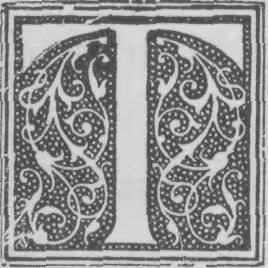
You are certainly not to order your life according to your feelings. A conscience fixed on feelings becomes unreliable. If you are subject to depression and melancholy, you of all people should not allow your conscience to be informed by your feelings. Despondent feelings will provoke unnecessary doubts and fears in the soul when not kept in check by a well-advised conscience. The conscience must be persuaded by God’s Word, not by your feelings.
John MacArthur